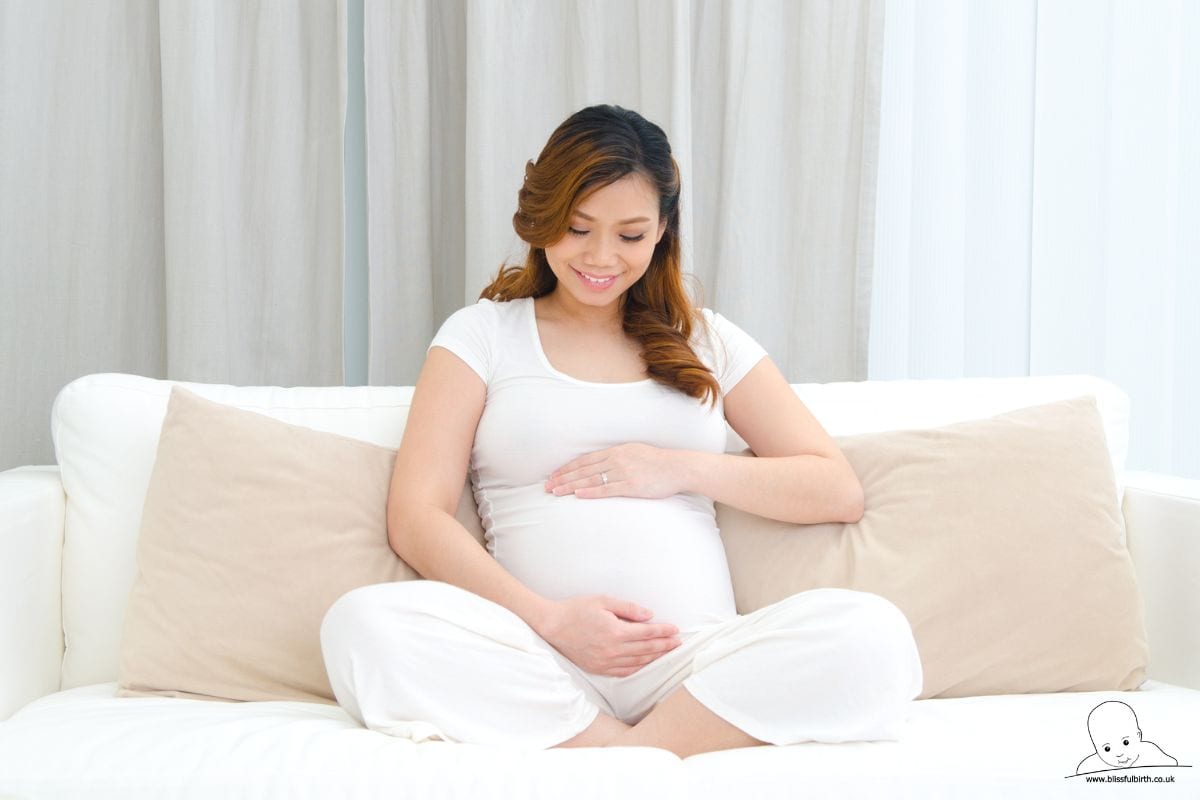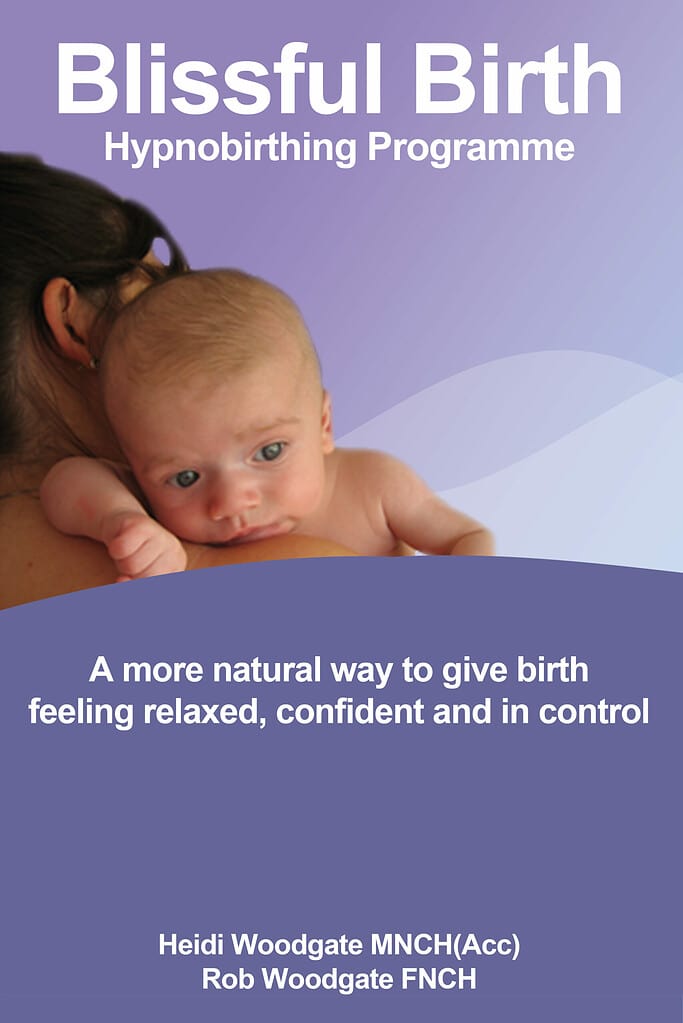Kombucha is a probiotic drink that emerged from the health food world. Like sauerkraut or kefir yogurt the drink has live cultures and probiotics that are really good for your gut health.
As a result many people consider kombucha to be a pretty healthy fermented beverage, and many doctors recommend it for good gut health.

But, while kombucha is healthy for a regular person, can you safely drink kombucha while pregnant?
The answer isn’t a simple yes or no, unfortunately.
So in this article we are going to explore what kombucha is, and whether you can enjoy it during pregnancy or not. Keep reading to learn more about kombucha.
Table of Contents
What Is Kombucha?
Put simply, you can consider kombucha to be fermented tea. Popular in recent years, while traditional in Asian countries, kombucha is generally made from sugar, tea, yeast, and bacteria that forms as a result of these ingredients fermenting over time.
Kombucha starts life as a sweet tea, like American iced tea, but when we add yeast it eats the sugar in the tea and ferments.
The result of this fermentation is two fold: healthy bacterias are created that are good for gut health, but low levels of alcohol are also created as a by-product of the fermentation process.
So while kombucha isn’t necessarily an alcoholic drink, a lot of kombucha will contain low levels of alcohol.
Moreover, carbon dioxide is produced in the fermentation process as well which makes the drink naturally carbonated, like beer but unlike Coca Cola.
Being made from tea, we can also expect kombucha to have some caffeine in it as well.
There should be a clear distinction between homemade kombucha and commercially sold kombucha.
Homemade kombucha is not regulated, so your friend might have some homebrew kombucha that could have high levels of alcohol and caffeine that are unregulated.
On the other hand commercial kombucha is generally below 0.5% alcohol and its bacterium and caffeine content are regulated by the FDA in order to be sold as a safe drink.
Can You Drink Kombucha If Pregnant?
While we might generally label kombucha as a health drink, as it contains caffeine, alcohol, and is unpasteurized, there are a few issues with the drink when you are pregnant.

Caffeine
Many may already know that caffeine needs to be limited when you are pregnant. The American College of Obstetricians and Gynecologists (ACOG) recommends pregnant women limit their caffeine intake to less than 200 mg per day.
Caffeine can affect your blood flow and actually limit the blood flow to your fetus as a result, if this limit is breached.
Commercial kombucha has to go through regulation by the FDA, and as a result most commercial kombucha brands sold in stores are rarely above 20 mg of caffeine, which is about as much as a decaf coffee.
This said, homebrewed kombucha is not regulated and can have differing levels of caffeine per batch, so is best to avoid.
As a result of its low caffeine, it might seem like a good alternative to the high caffeine coffee we are used to, but there are actually other reasons not to drink kombucha when pregnant.
Bacteria
Part of kombucha’s appeal as a health drink is that it has what we would call ‘good’ bacteria, such as probiotics, that in normal circumstances are good for our gut health.
In order for these healthy bacterias to be present in the drink, it has to remain an unpasteurized product.
However, n unpasteurized product has the risk of introducing potentially harmful bacteria into your system.
While most commercial kombucha companies adhere to strict sterilization rules and regulation by the FDA, a pregnant person is much more likely to be susceptible to food poisoning than the general population.
Most doctors, including the ACOG suggest pregnant people should avoid unpasteurized drinks and food products in order to reduce any risk of food poisoning from potentially harmful bacterias that can form in unpasteurized products.
This said, a homebrewed kombucha is certainly unpasteurized and we would certainly recommend avoiding homebrew kombucha as the risk of food poisoning is high for pregnant women.
Alcohol
As we mentioned, kombucha is naturally alcoholic as a result of the fermentation processes necessary to create kombucha. ACOG is clear that pregnant people should avoid alcohol at all costs when pregnant.
While commercial kombucha is pretty low alcohol, usually 0.5% or below (about the same alcohol level as an overripe banana), it’s still probably not the best to drink kombucha as a result.
Different brands can have different alcohol levels, and you don’t want to accidentally pick up a kombucha brand that is purposefully high in alcohol.
Again, homebrew kombucha is unregulated and as a result it can have alcohol levels as high 5% or even higher in some circumstances, which means it’s best to avoid it.
The Verdict
As a rule of thumb, it’s best to avoid kombucha generally during pregnancy.
The risk of its being unpasteurized, the presence of caffeine, and even its low level of alcohol, should all cause pause for concern, even with the highly regulated commercially available kombucha
ACOG recommends women limit their caffeine, and avoid alcoholic and unpasteurized products altogether so it’s really just not worth risking it.
Decaf tea, or decaf iced tea, can all be good options that are safe for pregnant people while also being pretty similar to kombucha if you have a craving.
Final Thoughts
Homebrewed kombucha is definitely something to avoid when pregnant. All the reasons we should avoid commercial kombucha are heightened in a homebrew that is unregulated by the FDA.
A homebrew can have unknown and high levels of alcohol and caffeine, as well as being highly unpasteurized which isn’t safe for a pregnant person who is more at risk when pregnant.
You will be glad to know that after delivery, and the doctor gives the all clear, kombucha is generally fine to drink.
It might still be a good idea to avoid a homebrewed kombucha while in postpartum, but the regulated commercial brands can actually help in the postpartum process.




